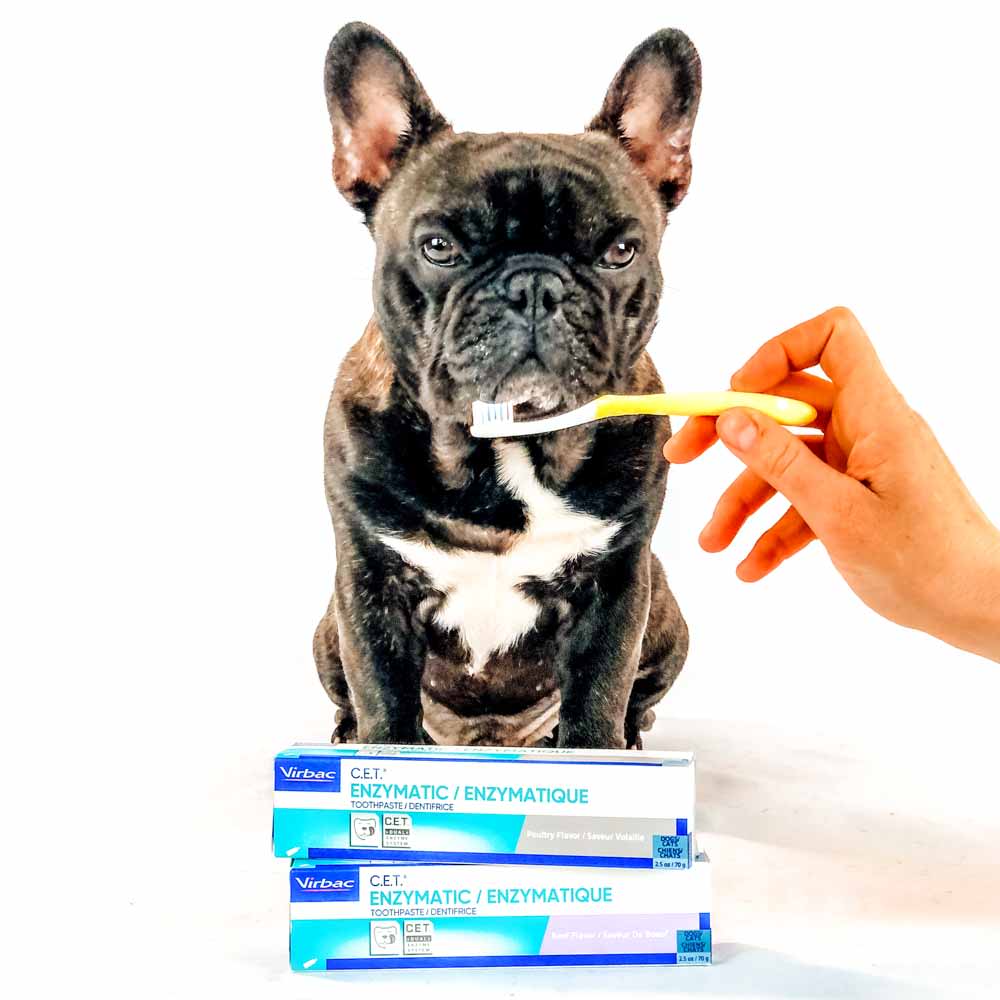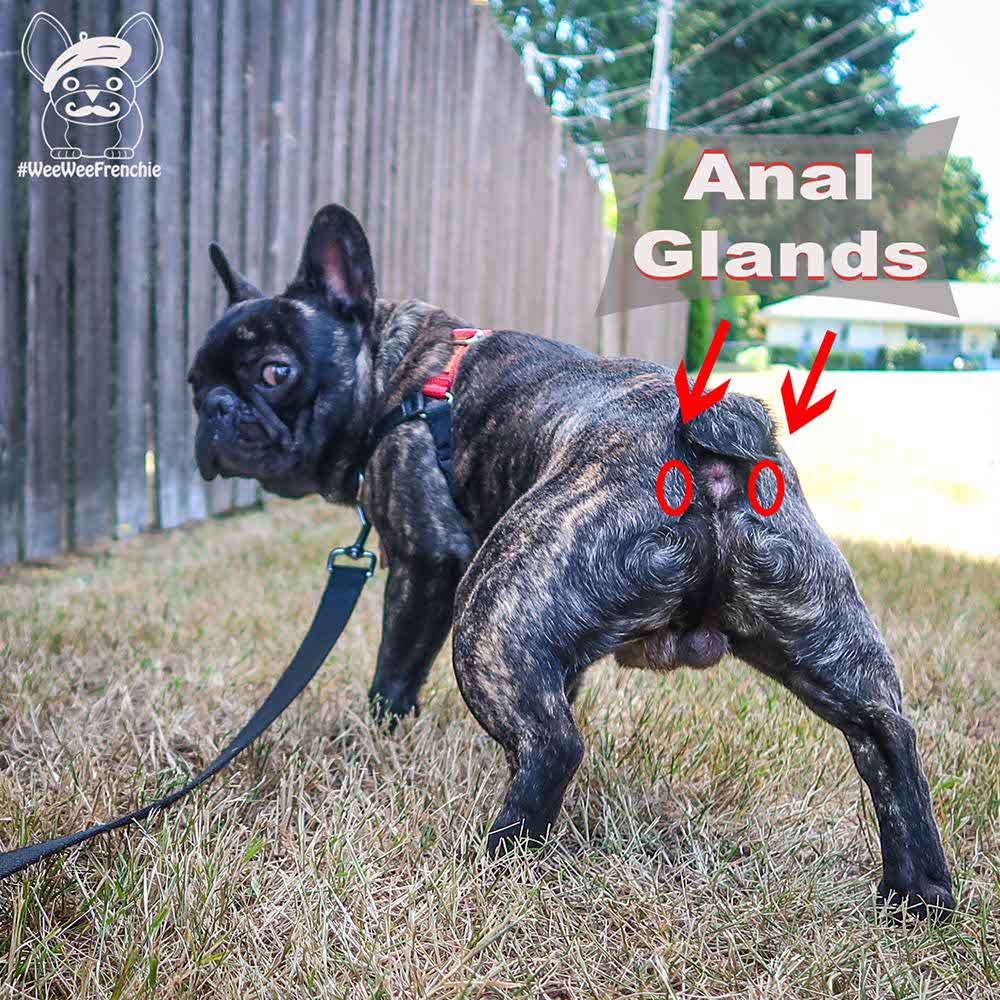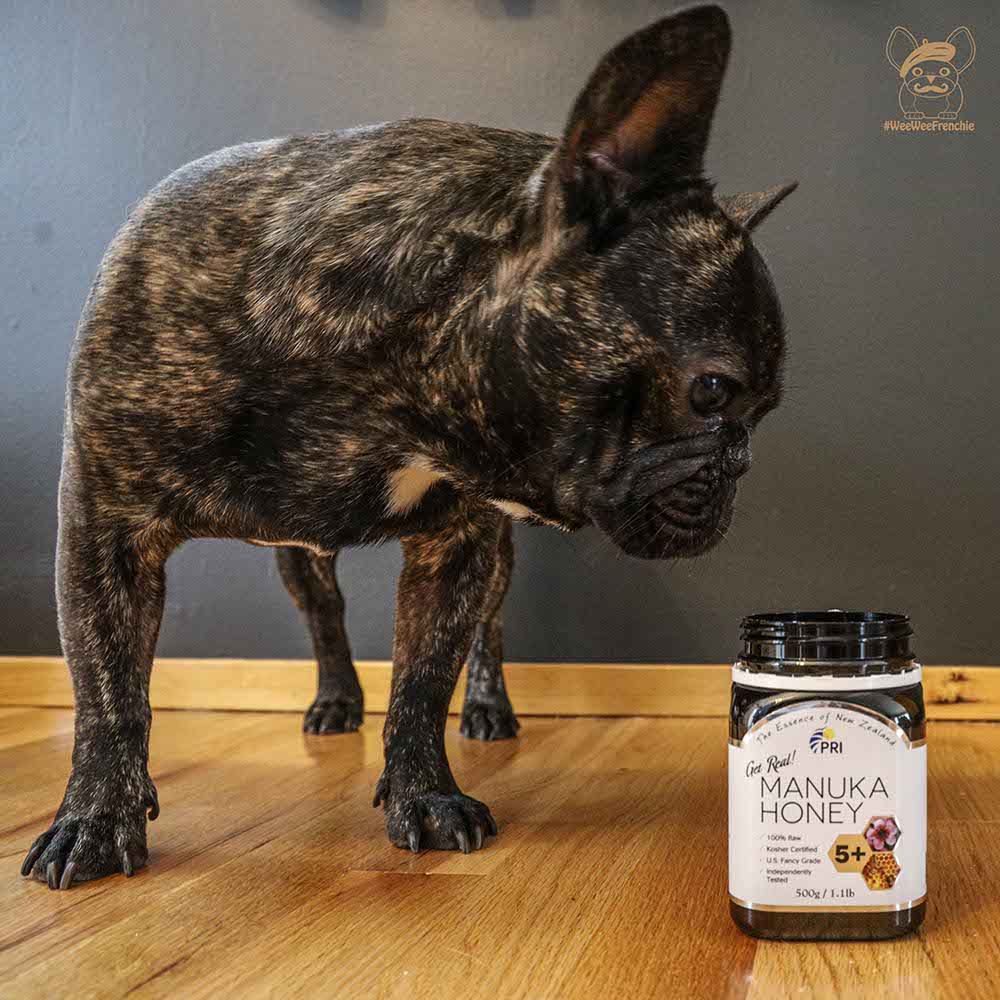Why Is Lion's Mane Mushroom Beneficial In Dogs
Lion’s Mane not only sounds cute but it’s good for your dog. This immune-boosting mushroom is full of health benefits. Whether you hope to boost your dog’s health or want to prevent future health issues, Lion’s Mane can help.
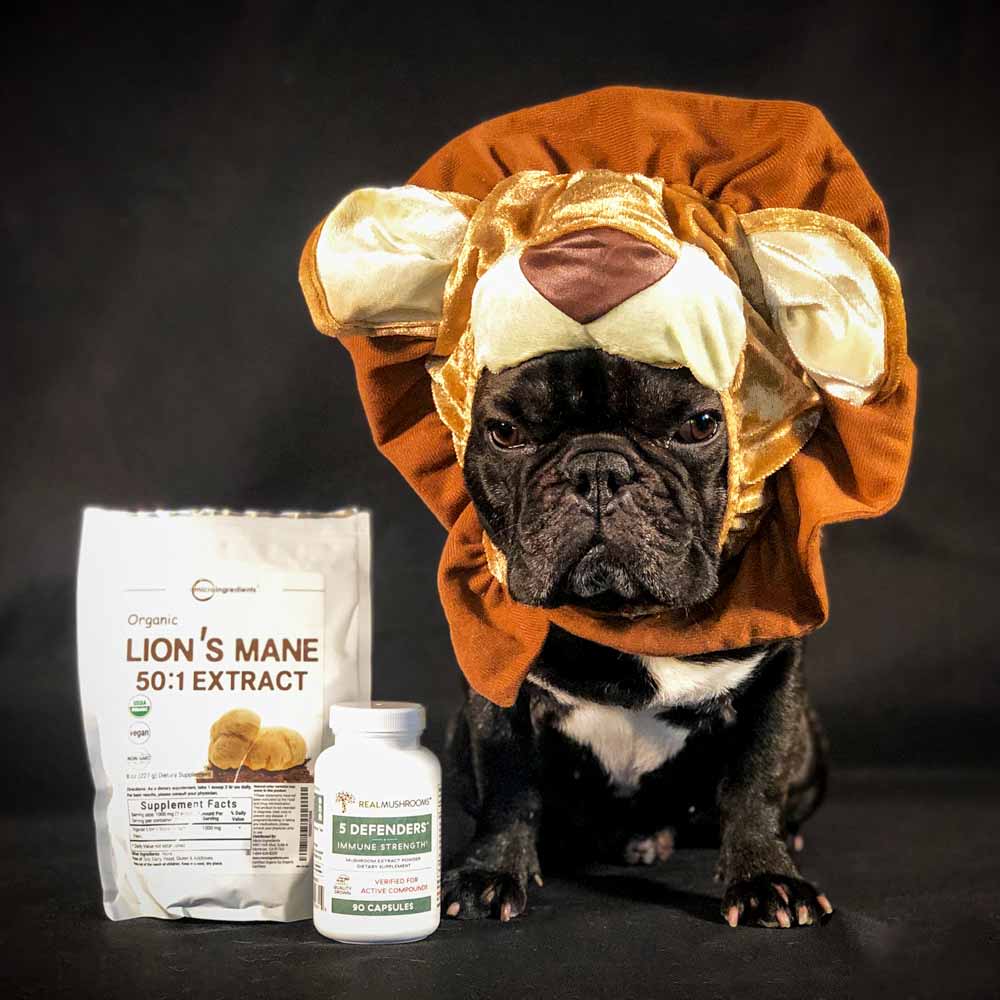
What is Lion’s Mane
Lion’s Mane is also known as Hericium erinaceus. It’s native to North America, Europe, and Asia. It grows wild on dying or dead hardwood trees.
It’s a pale white mushroom that looks like a lion’s mane. When dried, it turns a rusty color. It has a sweet flavor that resembles the taste of lobster.
In a 100 gram serving, Lion’s Mane provides 2 grams of protein and around 300 milligrams potassium.
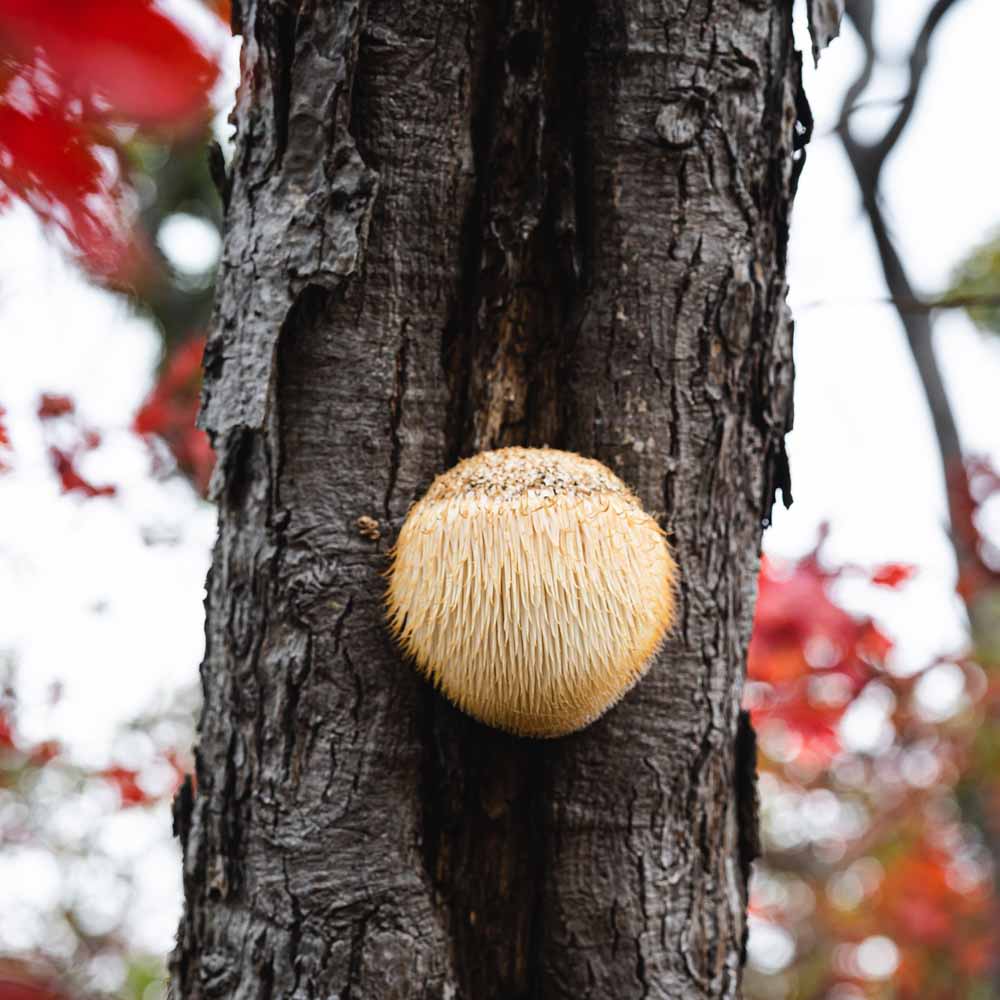
Benefits of Lion’s Mane
There’s been several studies researching the benefits of Lion’s Mane, which has shown:
- Boosting cognitive function and improved memory
- Improve digestion
- Strengthen immune system due to oligosaccharides that work as a prebiotic in your dog’s gut
- Improve lipid profile
- Anti-cancer properties due to containing cerebroside E, which helps to kill cancer cells
- Anti-bacterial effects, which can help pups who are prone to infections
- Reduces inflammation in the body
How to Use
When supplementing, it’s best to use a supplement that’s made from whole fruiting bodies, not mycelium. Mycelium is higher in starch and lower in beta-glucans. The whole fruiting bodies have more beta-glucans, which makes Lion’s Mane so healthy.
It’s easiest to use a supplement that is made for dogs but they can be more expensive and contain added fillers.
You can use a supplement made for humans, as long as all ingredients are safe for dogs. Since most supplements are made for a 150 pound human, you’ll need to decrease the dose for your dog. Keep the dose for dogs around 10mg to 25mg per pound of weight.
Not all mushrooms are safe for your dog. Many mushrooms can be poisonous but Lion’s Mane can be given to your dog. And with so many benefits, it’s worth a try.
Don't forget to consult your veterinarian prior to starting new supplements for your dog.
Subscribe to our weekly blog by submitting your information in the box below.

